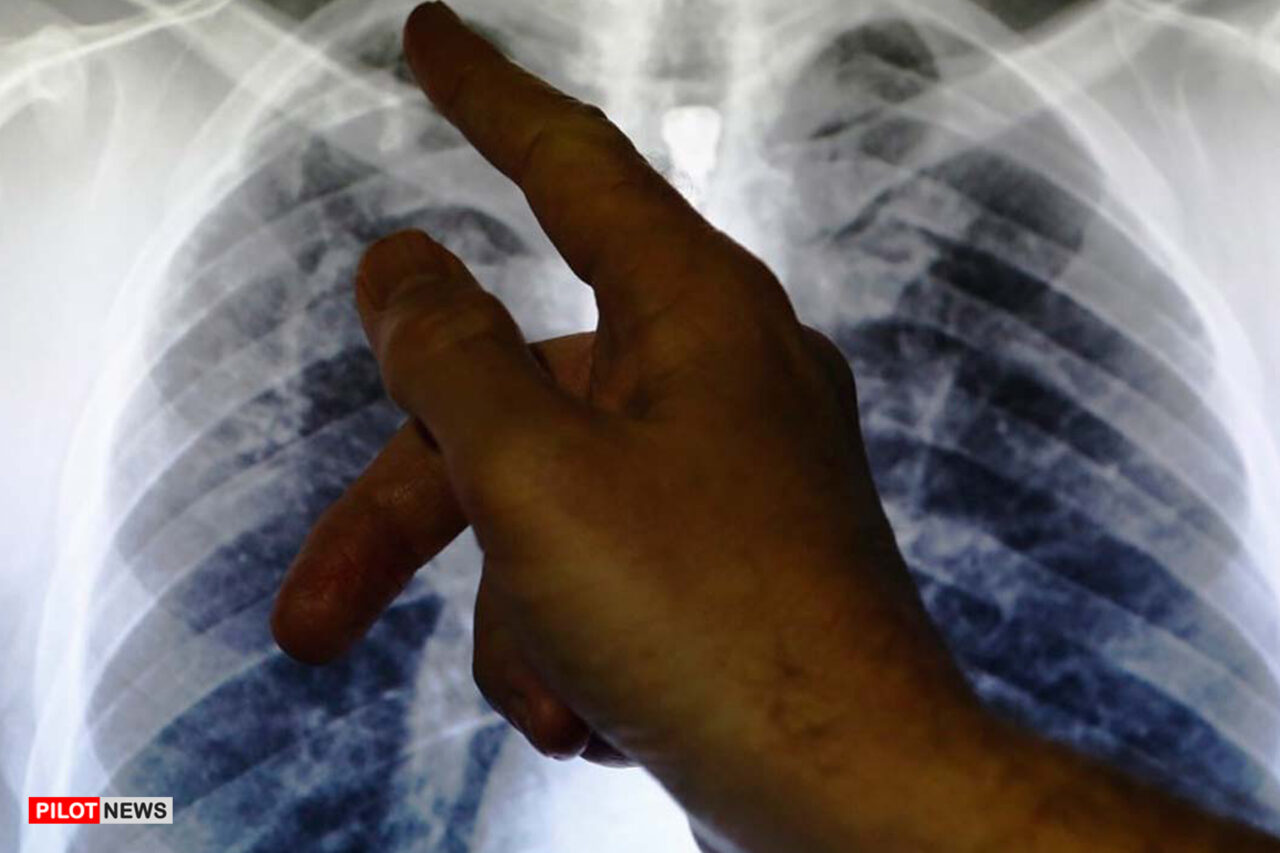…Agrees there are gaps in some critical aspects of national TB response
Dr Osagie Ehanire, the Minister of Health, has stated that the Federal Government is committed towards ending the Tuberculosis (TB) epidemic in Nigeria.
The Minister gave this hint at a press conference to commemorate the 2023 World TB Day, a global event commemorated annually, on the 24th of March to raise public awareness of TB and efforts made to prevent and treat the disease.
According to Ehanaire, the programme afforded them an opportunity to assess progress towards achieving the “End TB strategy and the Sustainable Development Goals (SDGs)”
Represented by the Minister of State for Health, Hon. Ekumankama Joseph Nkama, said TB is a major public health problem, globally, likewise in Nigeria.
“In line with the government’s effort to ensure good health and well-being for all Nigerians as envisioned in SDG 3, the Federal Ministry of Health (FMoH) through the NTBLCP with the support of our committed and dependable partners have initiated a number of laudable TB control interventions.
“The country has in place a number of relevant policy documents to charta strategic direction for the control of the infection. These include the National guidelines for TB prevention, diagnosis and treatment, the National Strategic Plan (NSP-2021-2025), and the compendium of best practices among others.
“We have adopted and are scaling up new global innovations in every sphere of the response. This has ensured improved access and the efficiency of the interventions. For example, the GeneXpert equipment – a rapid molecular test for TB has increased from 32 in 2012 to 503 in 2022. The mobile digital ray with artificial intelligence, for TB screening among key and vulnerable populations, is being strategically scaled up across the country,” he said.
He noted that in line with the NSP 2021-2025, active case-finding interventions have been deployed to target key and vulnerable populations as well as clinic/hospital attendees.
“These interventions are yielding positive results. Routine TB screening among outpatients is being implemented in all tertiary and a good number of secondary health facilities and this intervention is responsible for 8% of the national 2022 TB notification.
“We have equally expanded TB treatment services (DOTS centres) from 12,606 in 2019 to 20,148 in 2022 – translating to a 50% coverage of total health facilities in Nigeria.
According to him, the implementation of a robust Public-Private Mix DOTS (PPM- DOTS) plan has shown encouraging results as they have been able to expand TB services to 4,038 private facilities in 2022 from 1,451 in 2018.
“Thus, making PPM-DOTS a key TB control intervention that contributed to 24% of the national 2022 TB notification,” he stated.
“In oder to promote community participation, ownership and to discourage stigmatization of TB, community TB interventions are being implemented through community-based organizations across the country but more actively in 23 states. The community contribution to our national TB case notification rosee from 19% in 2018 to 45% in 2022.
“As encapsulated in the National Strategic Framework for TB/HIV collaborative activities, there have been significant improvements in this direction. Ninety-seven per cent of TB patients were tested for HIV in 2022. Consistent with the report of the 2018 National HIV/AIDS Impact Indicator Survey (NAIIS), the proportion of TB patients co-infected with HIV has dropped significantly from 12% in 2018 to 6% in 2022.
“It is heartwarming to state that these high-impact interventions amongst others have helped in revamping our TB control efforts with our annual TB notification increasing steadily from 138,591 in 2020 to the highest-ever notification of 285,561 in 2022. 1 think we all deserve a round of applause for this achievement” , Ehanire stated.
However, considering the high burden of TB in Nigeria, there are significant gaps in some critical aspects of our National TB response. A key challenge to our control effort has been access to TB services. The TB service coverage for 2022 was 50%, as services were only available in 20,148 out of 40,562 health facilities in the country.
Similarly, WHO Country Representative (WR) Dr Walter Kazadi Mulombo who was represented at the occasion by
Dr Laxmikant Chavan WHO Technical Officer hinted that, Nigeria at the United Nations High Level meeting (UNHLM) on TB in 2018 made a commitment to diagnose and treat 1,109,000 TB cases and place 2,183,890 clients on TB preventive Therapy (TPT) from 2018 to 2022. After the end of 2022, Nigeria has not demonstrated achievements of this commitment as available reports show that the country is trailing behind in all the set targets.
He noted that TB control budgets in Nigeria continue to be drastically underfunded. About 69% of the TB budget in 2021 was unfunded, this is a major threat to the country’s efforts in achieving the set targets. Too many people are pushed into poverty when they contract TB due to lost income, transport costs and other expenses. 71% of the TB patients in Nigeria and their household are affected by catastrophic cost due to TB.
According to him:” WHO will continue to support Nigeria in developing and implementing guidelines, plans, framework and strategic documents to end the TB epidemic in Nigeria. In addition, we will facilitate research to provide evidence-based interventions and innovations for finding the missing TB cases and enhancing the country’s efforts in reaching the set targets.”
- FG moves to secure natural resources, as presidential committee meets service chiefs - January 25, 2024
- Kogi govt pays JAMB registration fees for 15,033 public school students - January 24, 2024
- Edo Guber: APC debunks aspirants screening disqualification rumours - January 24, 2024

